Views of Nature
(A visual presentation of various plants, animals, insects and other forms of life in their environments)
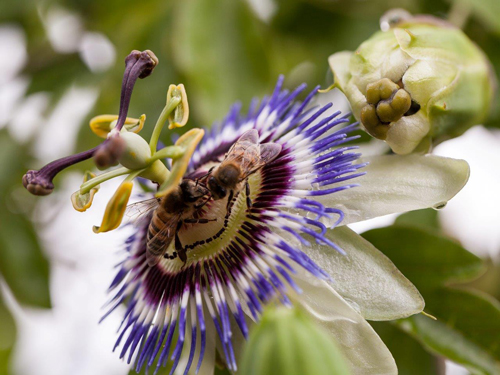
It appears that there are two honey bees getting nectar from a special flower.
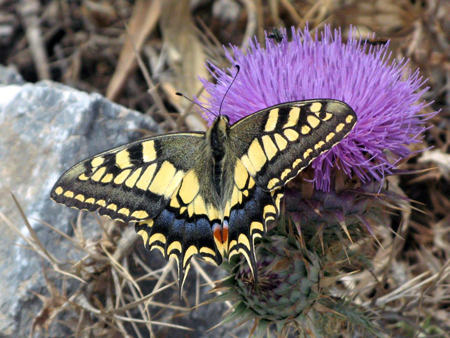
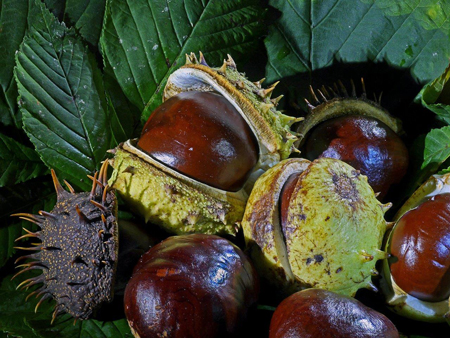
Edible nuts of any of various chestnut trees of the genus Castanea or nuts that exist in a prickly husk until autumn and then they fall to the ground as smooth moderate to deep reddish brown nuts.
Etymology: earlier chesten + "nut"; from Middle English chesteine; from Old French chastaigne, from Latin castanea; from Greek kastane, "chestnut tree"; from kastana, "sweet chestnuts".
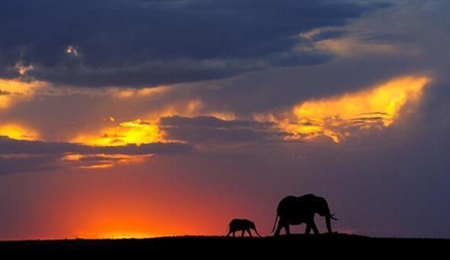
An adult and a young elephant are walking across the Masai Mara, a National Reserve in Kenya, Africa; just as it is getting dark.
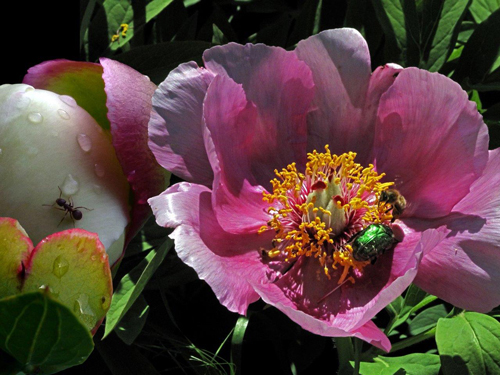

This twining herbaceous climber plant has lobed leaves and funnel-shaped flowers that open only in the morning; and that is why they are called: "Morning Glories".

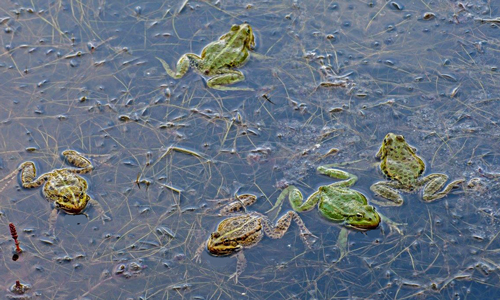
Go to this YouTube, Funny dog dance so you can see an unusual dog that is excited about its owners coming to pick it up.
You can also click on this Funny dog dance link.
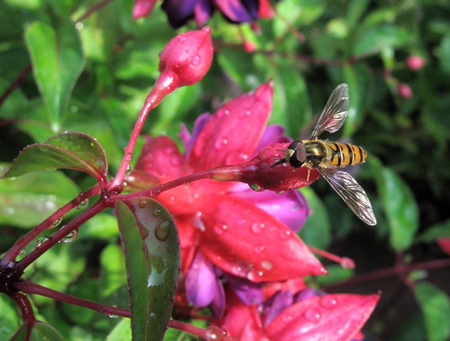
Here is a hoverfly, also called a flower fly or a syrphid fly; which is part of the insect family Syrphidae and the adults of this group are often seen hovering or nectaring on flowers because they are known to feed primarily on nectar and pollen.

Two animals are swimming in an ocean environment.
